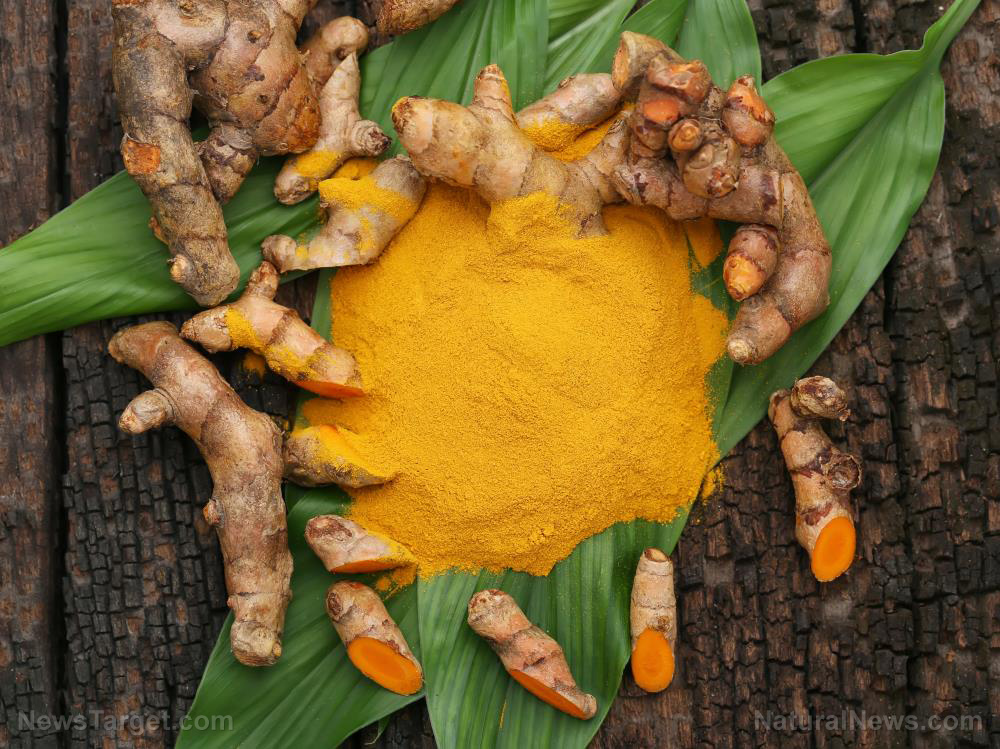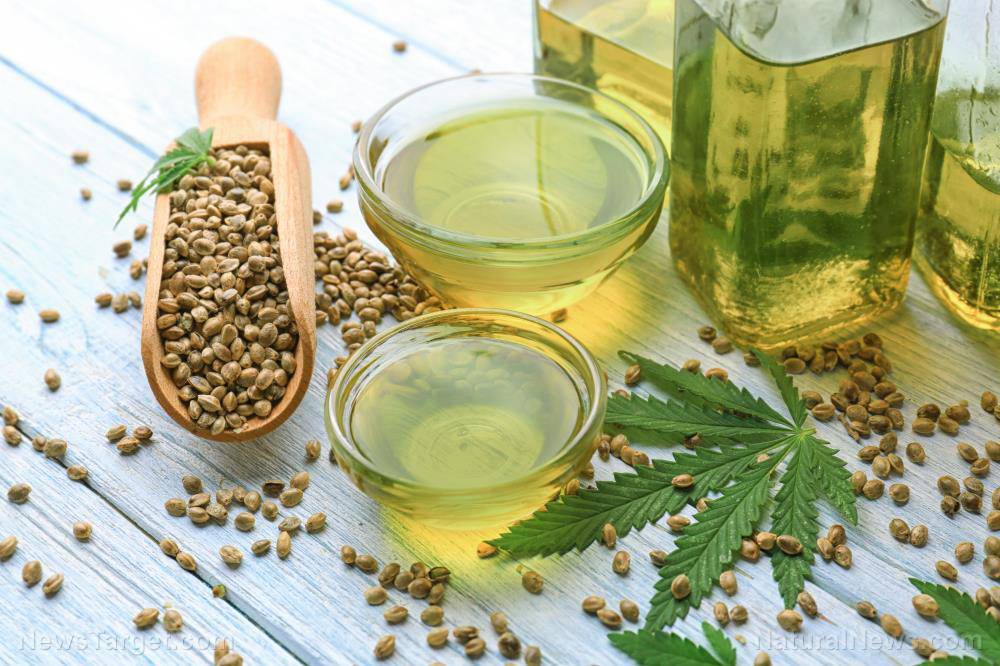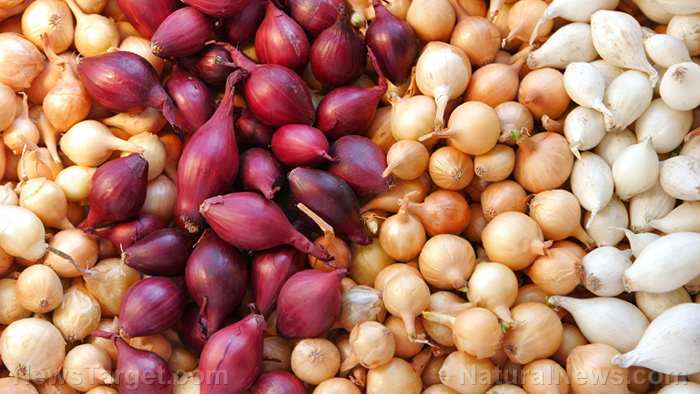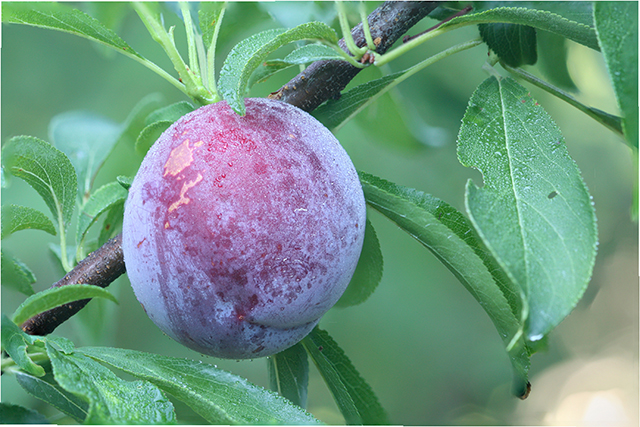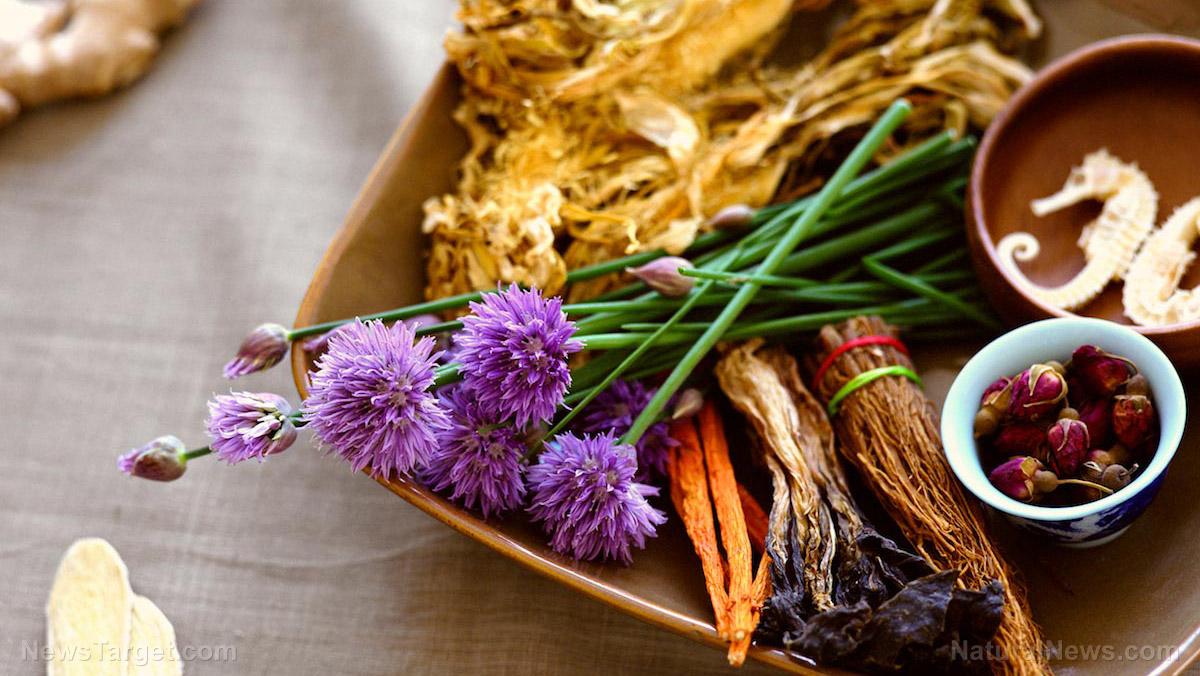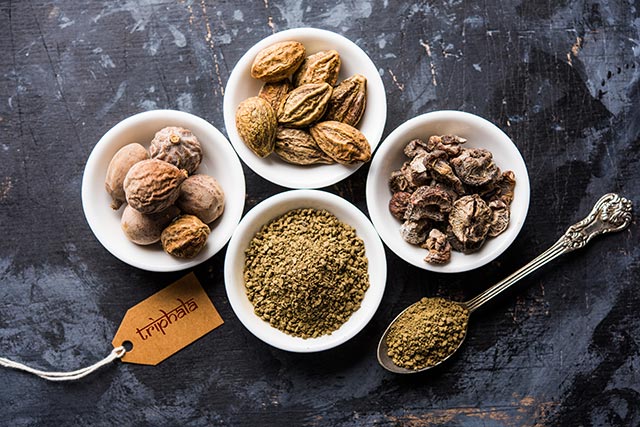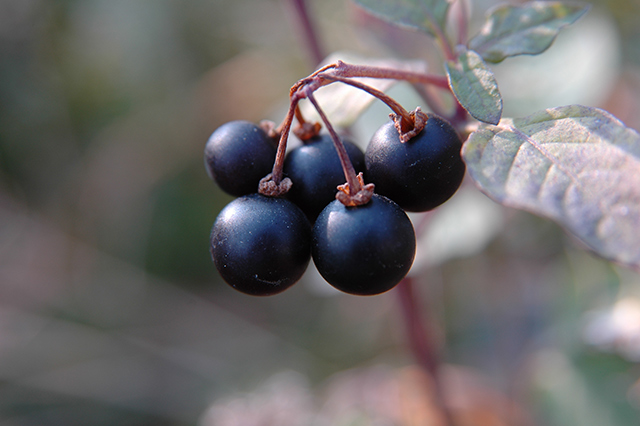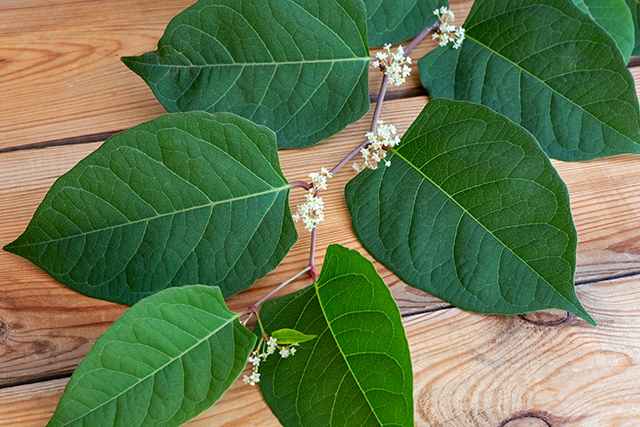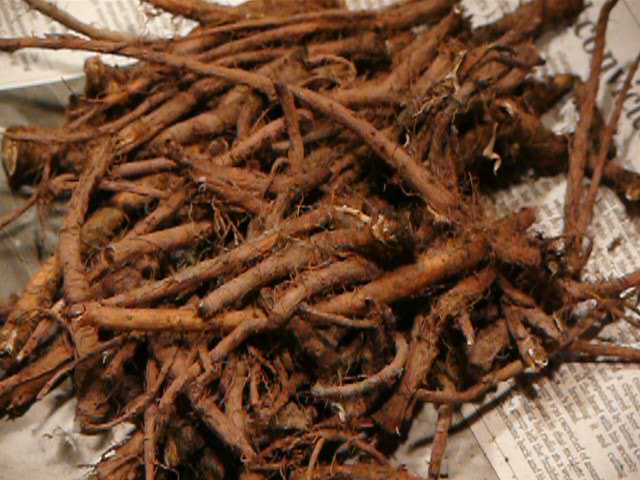Forsythiae Fructus, a detoxifying herb used in TCM, found to have anti-tumor effects
07/24/2019 / By Michelle Simmons
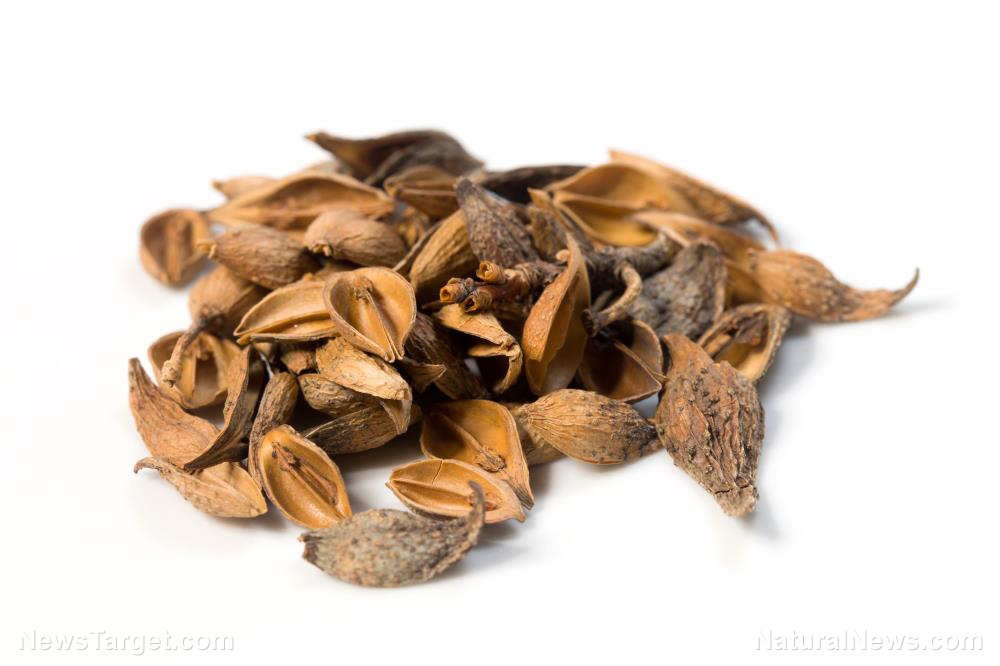
Researchers continue to find potential cures for cancer in medicinal plants. In a recent study, researchers from the University of Macau and China Academy of Chinese Medical Sciences reveal that the fruit of Forsythia suspensa, also called lian qiao in Chinese, exhibits anti-tumor effects.
Forsythia fruit is a typical heat-clearing and detoxifying herb. It is considered as one of the most fundamental herbs in traditional Chinese medicine (TCM).
In their study published in The American Journal of Chinese Medicine, the researchers looked at the anti-tumor effects of the forsythia fruit against tumors. They used an aqueous extract of forsythia fruit (FAE) to treat B16-F10 melanoma cells in vitro and in vivo.
Melanoma is one of the most aggressive forms of skin cancer that develops when melanocytes – pigment-producing cells – mutate and become cancerous. Although most pigment cells are found in the skin, melanoma can also develop in the eyes and other parts of the body. (Related: Do your moles put you at risk of melanoma? Find out through ABCDE.)
The results of the study revealed that treatment with FAE substantially inhibited the growth of melanoma cells and tumors. It also prolonged the survival time of tumor-bearing mice. In addition, FAE suppressed the proliferation of cancer cells and angiogenesis in the tumor.
Treatment with FAE also reduced inflammation and decreased oxidative stress in the tumor, suggesting that the forsythia fruit possesses powerful antioxidant and anti-inflammatory properties.
Based on these findings, the researchers concluded that treatment with FAE can inhibit the growth of tumors. This anti-tumor effect may be attributed to the extract’s ability to reduce oxidative stress and inflammation.
Researchers evaluate the anti-melanoma activity of forsythia fruit extract
A separate study also conducted by researchers from the University of Macau reported that FAE could significantly suppress the growth of melanoma in mice. In addition, they discovered that treatment with the extract restored the altered metabolic profile of tumor-bearing mice.
For the study, they used a metabolomic approach to examine the comprehensive metabolic signatures and differentiating metabolites present in B16-F10 melanoma-bearing mice.
The researchers identified 17 metabolites associated with the anti-tumor effect of FAE. Most of these metabolites play a role in glycerophospholipid metabolism, indicating that the activity of FAE against melanoma has to do with the modulation of glycerophospholipid metabolism.
Furthermore, FAE restored lysophosphatidylcholines (LysoPCs) — bioactive proinflammatory lipids generated by pathological activities — to almost normal levels in the tumor model, where they were significantly decreased. This suggests that LysoPCs can be used as biomarkers for the diagnosis and prognosis of melanoma and other malignant tumors.
This study was published in the journal Scientific Reports.
Ripe or unripe: Which forsythia fruit is better?
Green and ripe forsythia fruits are often used without distinction in medical applications. In a study published in The American Journal of Chinese Medicine, researchers looked at the chemical components and anticancer activity of green and ripe forsythia fruit extracts both in vitro and in vivo. They found that green forsythia fruit extracts have stronger anti-tumor activity against melanoma than ripe forsythia fruit extracts.
The researchers also identified 15 chemical compounds as specific markers for distinguishing green and ripe forsythia fruits. Among them, the researchers named forsythoside I, forsythoside A, forsythoside E, and pinoresinol as the key active compounds that account for the difference in anticancer efficacy observed between green and ripe forsythia fruits.
Based on their findings, the researchers concluded that green forsythia should be used instead of ripe forsythia for the treatment of cancer.
For more studies on the anti-tumor effects of forsythia fruit and its other health benefits, visit ChineseMedicine.news.
Sources include:
Tagged Under: alternative medicine, angiogenesis, anti-inflammation, anti-inflammatory, anticancer, antioxidants, antitumor, cancer, cancer cures, cancer growth, cancer survival, cancer treatment, detoxifying, disease treatments, Forsythia fruit, Forsythia suspensa, herbal medicine, Herbs, inflammation, lian qiao, longevity, melanoma, natural cures, natural medicine, oxidative stress, prevention, remedies, research, TCM, traditional Chinese medicine, tumor growth
RECENT NEWS & ARTICLES
COPYRIGHT © 2017 PREVENT CANCER NEWS



